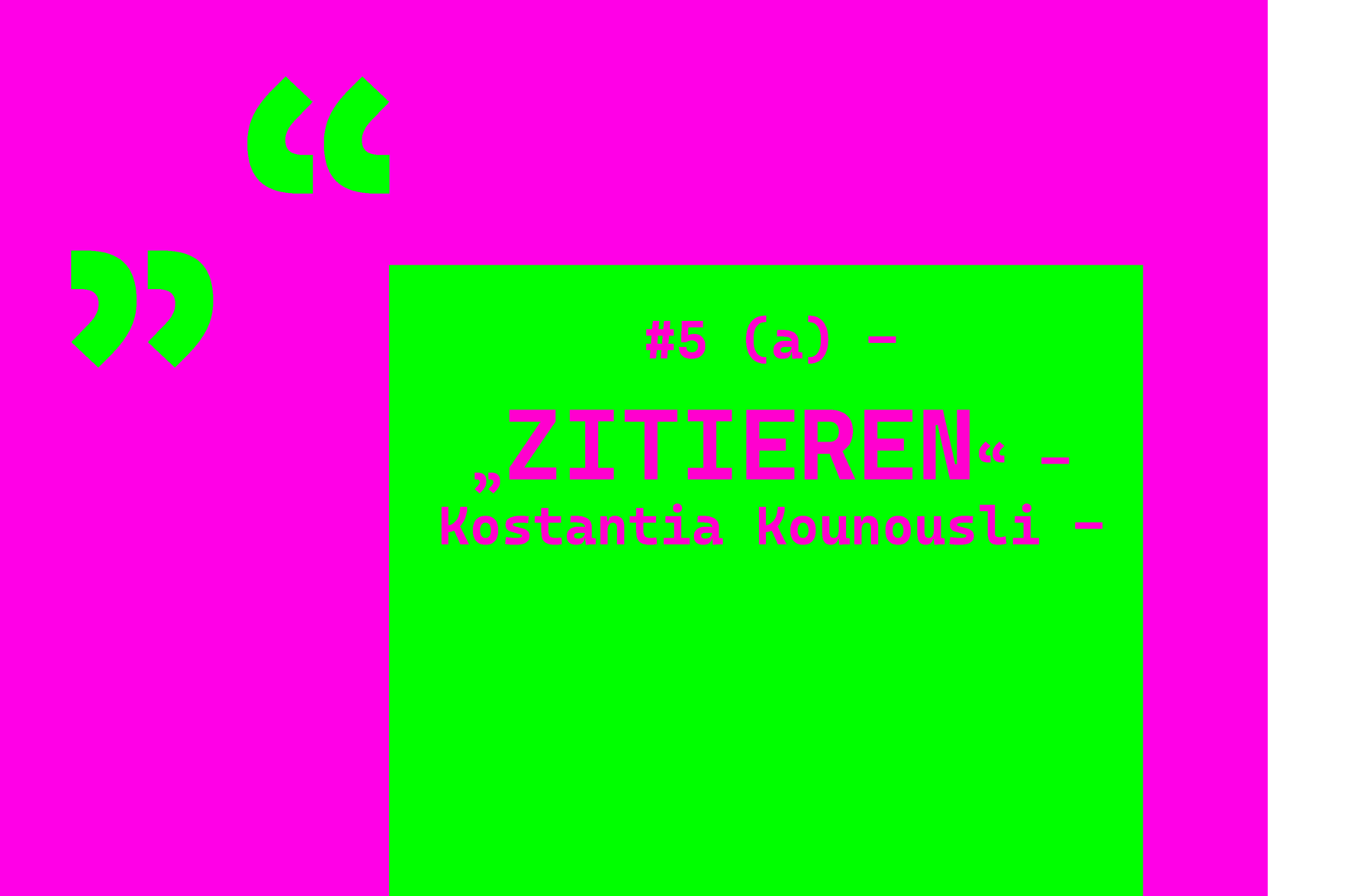01 Stefan Rahmsdorf u. Hans Joachim Schellnhuber: Der Klimawandel








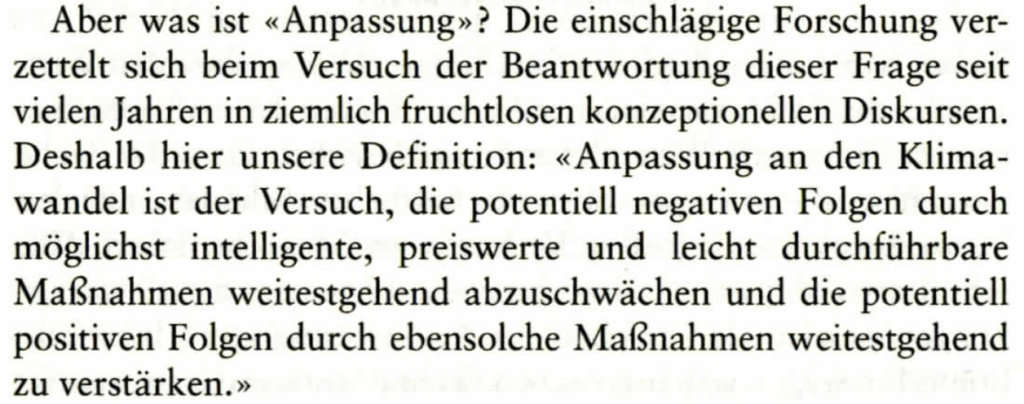




02 Jane Bennett: Lebhafte Materie – eine politische Ökologie der Dinge




03 Carolyn Merchant: der Tod der Natur – Ökologie, Frauen und neuzeitliche Naturwissenschaft



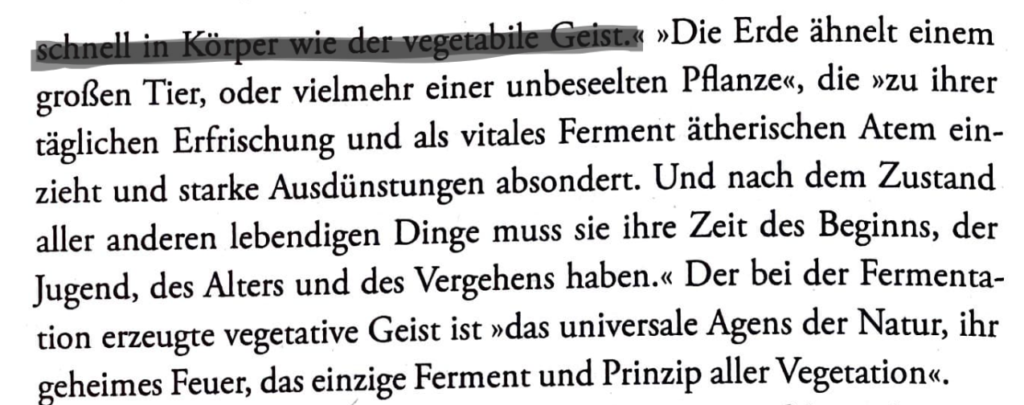


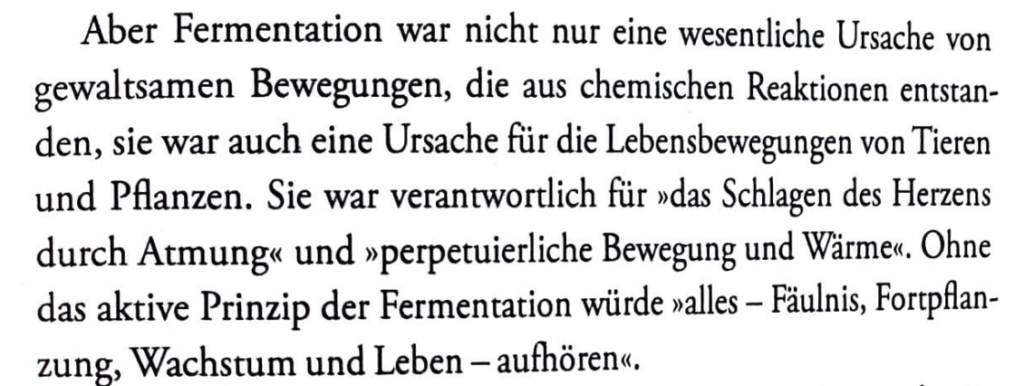

04 Anne Lowenhaupt Tsing – Der Pilz am Ende der Welt



Videodokumentation: Latour und Schellnhuber
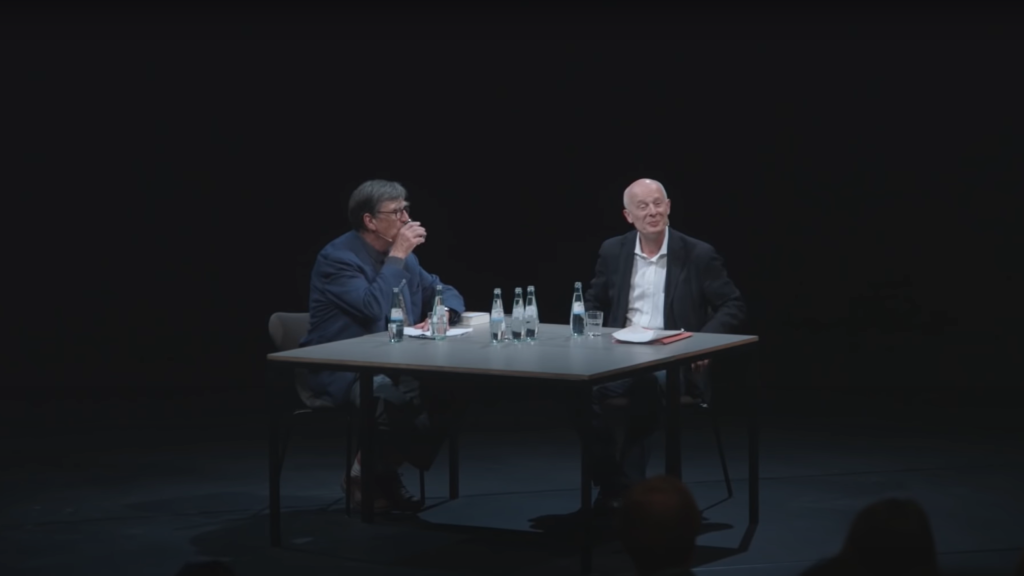
“Don’t worry, be happy, there is no problem at all. […] And people love to hear that there is no problem”
min. 9:50
“The more evidence we scientists we pile up and the closer we approach the tipping points, the more are the people determined to ignore the problem.”
min. 10:30
“So if there is a european way to adress the problem, it is through civil society encouraging our institutions to do what they need to do.”
min. 13:30
“We are part of this coevolution. Shouldn’t we, like microbes or plants react in order to stabilize the very life conditions, shouldn’t we also do that?”
min. 20:30
“Expecting a human to be good towards the earth, is like expecting a goat to be a good gardener.”
min. 22:50
“You have to create sharp objects, which you use to cut through the social tissue, […] focussing on a few things, create a few frontiers of fonts actually, […] so focusing on a few subjects and winning that battle is what we need to do.”
min. 35:20
“I think there are three ingredients to solve the climate problem. […] It’s not so much about the facts, we have all the facts, it’s about stories, it’s about narratives. […] The second is a movement. [..] We are the only ones who can break up this self-inflicted ignorance and get us out of our comfort zone. […] So a story, a movement and driven by young people and then the entire political establishment will have to follow. So get up from your easy chair.”
min. 57:00
